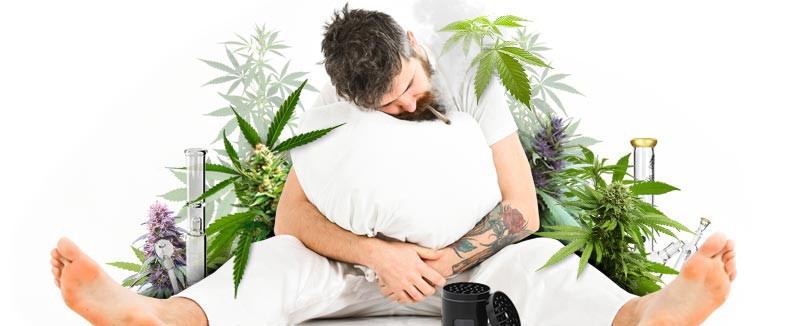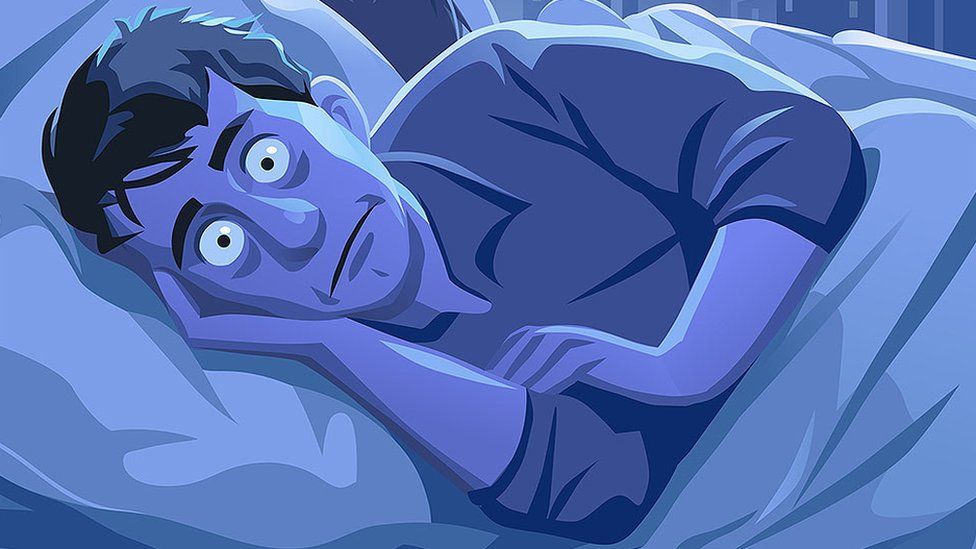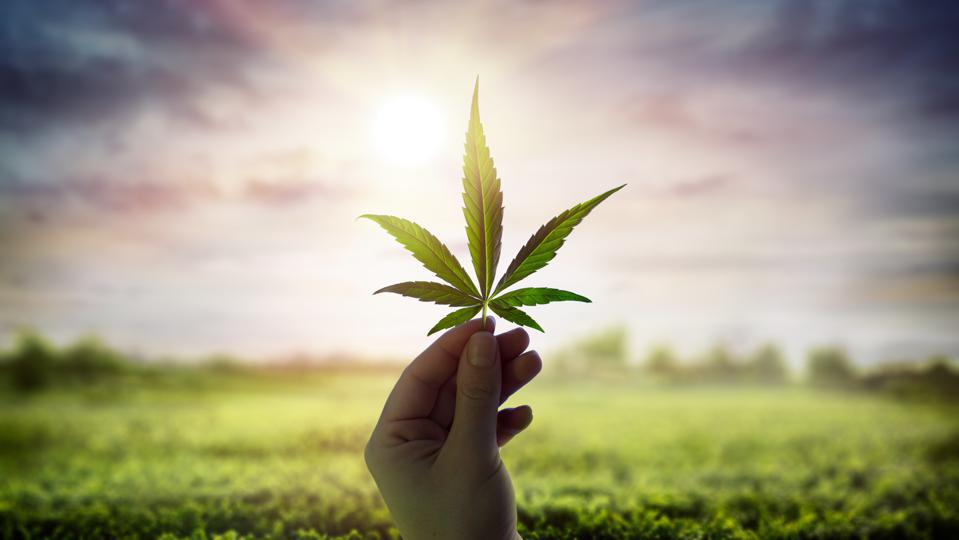
Canada has now legalized the sale and use of cannabis. As time passes and proper education and public awareness is provided regarding medical application, some individuals may consider using said plant derivatives to mitigate the effects of insomnia. It is possible that, in conjunction to addressing micronutrient deficiencies and improving sleep hygiene (developing a consistent routine at night), cannabis may provide a more suitable and effective alternative to pharmaceutical interventions.

Insomnia is defined as dissatisfaction with sleep quality and quantity associated with an inability to fall back to sleep if woken, waking up early, or difficulty falling asleep (Babson, Sottile, & Morabito, 2017). Left untreated, chronic sleep deprivation is associated with unfavorable health outcomes to include impaired glucose tolerance, high cortisol levels, increased sympathetic nervous system activity, and chronic inflammation (Gallicchio & Kalesan, 2009). As such, addressing factors impeding sleep quality and duration is paramount.

The cannabis plant and its derivatives has been cultivated and used since ancient times through two main species: Cannabis sativa and Cannabis indica (Shannon, Lewis, & Hughes, 2019). The cannabis plant has in excess of over 80 chemicals called cannabinoids. The most abundant psychoactive cannabinoid is known as tetrahydrocannabinol (THC) and cannabidiol (CBD); the second most abundant and non-psychoactive (Shannon et al., 2019). Much of the research behind cannabis has been for its analgesic (pain-suppressing) properties, which has been documented as effective reducing pain up to 40% compared to placebo groups (Shannon et al., 2019). Most relevantly, no reports of toxicity or overdosing has been reported; an event that is considerably more likely with pharmaceutical drugs (Shannon et al., 2019).

Shannon et al. (2019) performed a retrospective case study of 103 psychiatric clinic participants implementing CBD to treat anxiety and sleep disturbances. The final sample consisted of 72 adults that presented with poor sleep and anxiety. CBD oil was administered to said adults each day (25 mg/day) over a 3-month period. Monthly visits with participants were conducted to gather data on anxiety levels and sleep quality. Such measures were gathered by way of the Pittsburg Sleep Quality Index and the Hamilton Anxiety Rating Scale (Shannon et al., 2019). Results indicated that, on average, both anxiety measures and sleep quality improved from baseline scores. Most importantly, measures of the same were maintained over time with no reports of toxicity (Shannon et al., 2019).
In conclusion, poor sleep can induce aberrations in health to include impaired glucose tolerance, high cortisol levels, increased sympathetic nervous system activity, and chronic inflammation. Evidence suggests that responsible use of CBD might be an alternative to conventional medications, especially since evidence shows no toxicities or serious side-effects. Ultimately, CBD could act as an adjunct to a more robust intervention amongst individuals wishing to reduce anxiety and improve sleep quality and duration.
References
Babson, K. A., Sottile, J., & Morabito, D. (2017). Cannabis, cannabinoids, and sleep; A review of the literature. Current Psychiatry Reports, 19(4), 1-12.
Gallicchio, L., & Kalesan, B. (2009). Sleep duration and mortality: A systematic review and meta-analysis. Journal of Sleep Research, 18(2), 148-158.
Shannon, S., Lewis, N., Lee, H., Hughes, S. (2019). Cannabidiol in anxiety and sleep: A large case series. The Permanente Journal, 23, doi.org/10.7812/TPP/18-041
-Michael McIsaac
